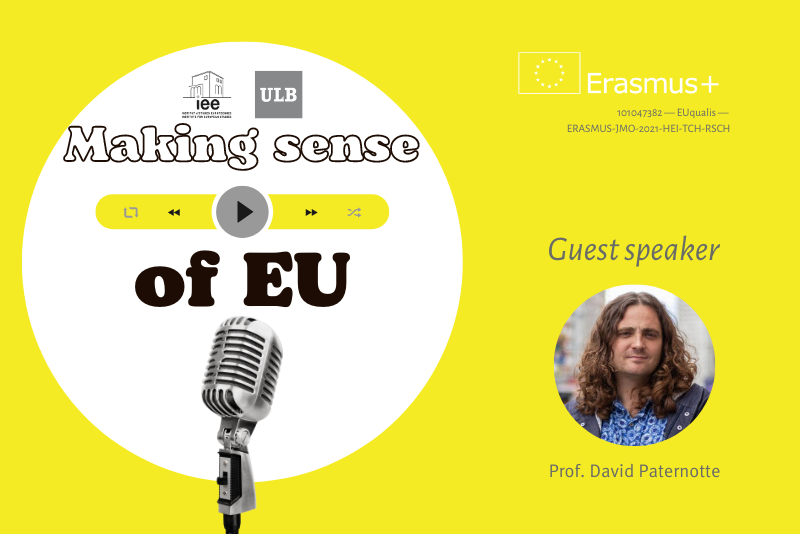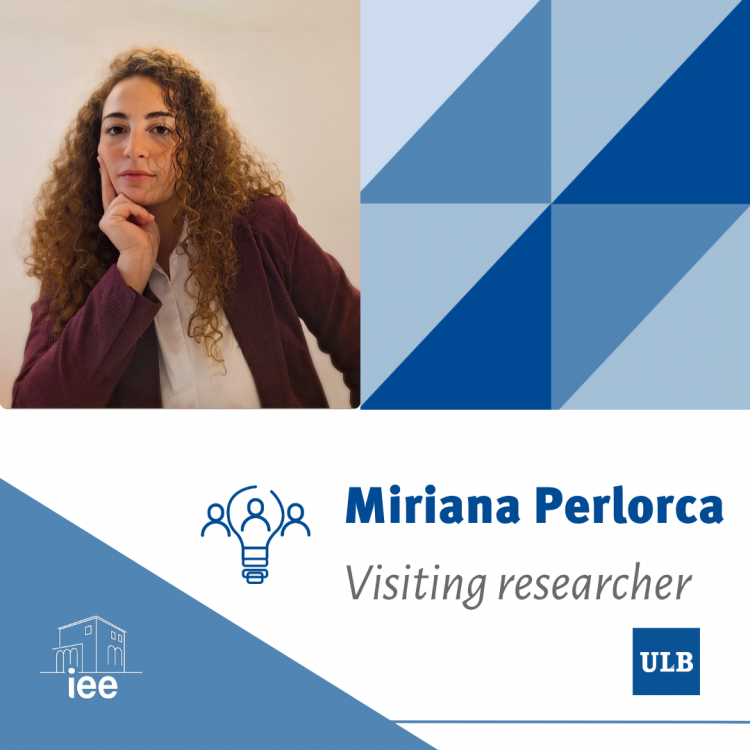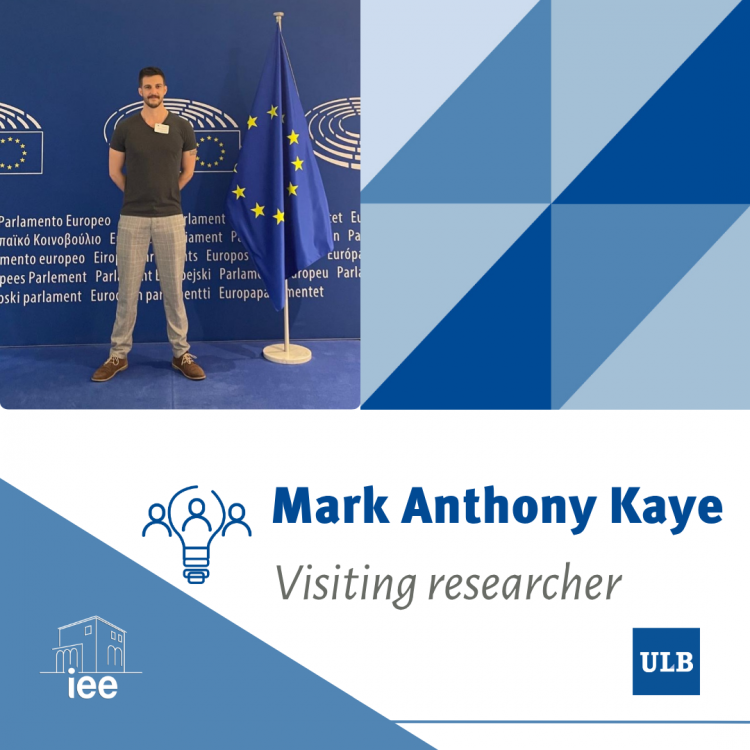Gender inequality in the EU
An activist sentenced to eight months of community service for facilitating abortion pills.
The creation of ‘LGBT-ideology’ free zones.
A Minister for Family, Natality, and Equal Opportunity who opposes abortion and same-sex unions.
Imposed disclaimers on children’s books that portray so-called “behaviours deviating from traditional gender roles”.
It is hard to believe that all these are things are happening in the European Union. But they are. Gender has become an ideological battlefield that political actors on the extremes are using to gain power. Gender inequality continues to be a problem for the EU.
To help us make sense of the anti-gender campaigns and actions in the EU, the strategies, actors, and networks behind them, we invited Professor David Paternotte to discuss the topic in our podcast Making Sense of EU.
Our guest speaker
David Paternotte is Associate Professor in Sociology at the Université libre de Bruxelles, where he co-directs STRIGES, an interdisciplinary research structure that focuses on gender, equality and sexuality. His research has long focused on same-sex marriage advocacy and LGBT activism, and he has more recently been studying anti-gender campaigns and attacks on academic freedom in Europe.
Strengthening the IEE community
The podcast is an opportunity to bridge the gap between IEE-ULB students, researchers, and academics form inside the IEE and the ULB communities and from our partner universities, while promoting a deeper understanding of key issues in EU affairs from a scientific perspective.
The first season of “Making sense of EU” focuses on the IEE’s Jean Monnet Center of Excellence EUqualis, devoted the important topic Inequality and the EU and it is cofunded by the Erasmus + programme of the European Union (101047382 —EUqualis — ERASMUS-JMO-2021-HEI-TCH-RSCH).
“Making sense of EU” is produced and presented by IEE-ULB Communication director Maria Isabel Soldevila, a journalist with over 20 years of experience whose work has focused on gender, migration, human rights, and politics.




